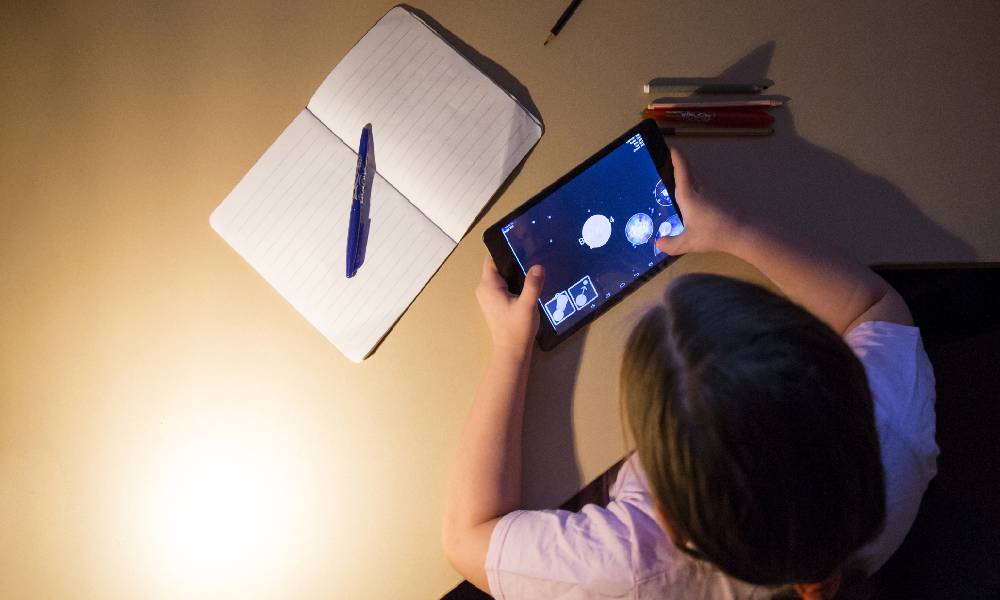In today’s digital age, screens are an integral part of our daily lives, and children are no exception. From educational apps to entertaining videos, screens offer many opportunities for learning and leisure.
However, with the increasing prevalence of devices in children’s lives, concerns about the impact of excessive screen time on their physical and mental health have grown. As parents, finding the right balance is crucial for fostering healthy development in our little ones.
If you need advice, the experts at one of the leading Fort Lauderdale pediatric care specialists are here for you.

Understanding the Effects
Excessive screen time has been associated with various negative effects on children’s well-being. Physically, prolonged screen exposure can contribute to sedentary behavior, leading to an increased risk of obesity and related health issues. Additionally, excessive screen time may disrupt sleep patterns, further impacting a child’s physical health.
On the mental health front, studies suggest a correlation between excessive screen time and issues such as attention problems, reduced academic performance, and an increased risk of developing anxiety or depression. It is essential for parents to be aware of these potential consequences and take proactive steps to mitigate them.
Practical Tips for Parents
Set Screen Time Limits
Establish clear and consistent screen time limits for your child based on age. The American Academy of Pediatrics recommends no more than one hour of screen time per day for children aged 2 to 5. For older children, it’s crucial to strike a balance that allows for other essential activities.
Choose Age-Appropriate Content
Monitor the content your child engages with and ensure it is age-appropriate. Many platforms offer parental controls to restrict access to inappropriate material. Take advantage of these features to create a safe digital environment for your child.
Encourage Alternative Activities
Promote a healthy balance between screen time and other activities. Encourage outdoor play, reading, creative pursuits, and social interactions to foster holistic development. Create designated screen-free zones and times within your home to reinforce the importance of diverse activities.
Promote Positive Screen Time Activities
Encourage children to engage in educational and constructive screen time activities. Look for apps, games, and programs that promote learning, creativity, and skill development.
Establish Tech-Free Zones and Times
Designate specific areas in your home, such as the dining table or bedrooms, as tech-free zones to encourage face-to-face communication and quality family time. Additionally, establish certain times of the day when screens are off-limits, such as during meals and an hour before bedtime.
The Mayo Clinic recommends creating clear boundaries to ensure a healthy balance between screen time and other activities.
Finding a Balance for Healthy Development
Finding the right balance requires a mindful approach. While screens can offer valuable educational content and entertainment, moderation is key. By implementing these practical tips, parents can help ensure that screen time complements, rather than hinders, their child’s overall development.
Consult Pediatric Professionals
As parents, our primary concern is the well-being of our children. If you have specific health concerns or notice changes in your child’s behavior that may be linked to screen time, it’s essential to consult with a pediatrician.
The professionals at Total Pediatric Care in Fort Lauderdale are dedicated to providing exceptional pediatric care tailored to meet your child’s needs. Schedule a consultation today to discuss any concerns and receive personalized guidance on fostering a healthy and balanced lifestyle for your little ones.

